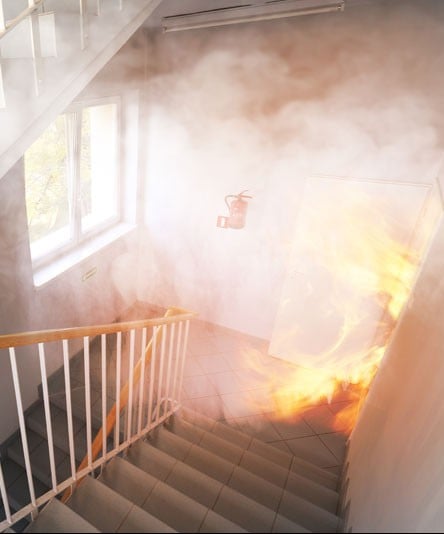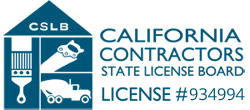
A house fire can be a very traumatic event. Not only can it destroy your home and belongings, but it can also put your family at risk for serious health problems. When a fire burns, it can release a variety of harmful chemicals and toxins into the air. These toxins can pose a serious health risk to anyone who is exposed to them, including firefighters, first responders, and even people who live or work near the site of the fire. Let’s look at some of the many health risks associated with a house fire and some of the damages it can cause to you and your family.
1. Smoke Inhalation
Smoke inhalation is the leading cause of death in house fires. Inhalation of hot smoke can damage the trachea, bronchi, and lungs. The airways can swell shut, making it difficult to breathe. Carbon monoxide poisoning can also occur.
The symptoms of smoke inhalation include coughing, shortness of breath, headache, dizziness, nausea, and confusion. If you experience any of these symptoms, it is important to seek medical attention immediately.
Smoke inhalation is a serious health risk and can be fatal. If you are in a fire, try to avoid breathing in the smoke. If you must evacuate, cover your mouth and nose with a damp cloth. If you are trapped, seal any cracks in the room with wet towels or clothing to keep the smoke out.
2. Carbon Monoxide Poisoning
When a fire burns in your home, it’s not just the flames that can be dangerous. Smoke and soot can cause serious health problems, and the threat of carbon monoxide poisoning is very real. Here’s what you need to know about the dangers of carbon monoxide and how to protect yourself and your family.
Carbon monoxide is a gas that is produced when burning materials are incompletely combusted. In a house fire, this can happen when furniture, plastics, and other materials burn. When carbon monoxide is present in the air, it enters your lungs and starts to replace the oxygen in your blood. This can happen quickly, and at high levels, it can be fatal. Symptoms of carbon monoxide poisoning include headache, dizziness, nausea, and confusion. If you are exposed to high levels of carbon monoxide, you may lose consciousness and die.
3. Skin & Eye Irritation
When you are exposed to smoke and soot, your skin and eyes can become irritated. This is especially true if you have asthma or other respiratory problems. If you are exposed to smoke and soot, you should try to avoid rubbing your eyes or skin. You should also avoid using any type of lotion or cream on your skin until you have been able to wash the soot and smoke off. If your skin or eyes become irritated, you should seek medical attention.
4. Asthma & Allergies
Smoke and soot can trigger asthma and allergy attacks. If you have asthma or allergies, you should stay away from areas where there is smoke or soot. If you are exposed to smoke or soot, you should use your asthma or allergy medication as directed. If you have any trouble breathing, you should seek medical attention immediately.
5. Chemical Burns
Some of the chemicals in smoke and soot can cause chemical burns. These chemicals can include hydrochloric acid and sulfuric acid. If you come into contact with these chemicals, you may experience burns, swelling, and blistering. If you have any cuts or open wounds, be sure to cover them with a bandage. If you get soot or smoke in your eyes, rinse them out with clean water.
Conclusion
There are many health risks after a house fire. These risks include smoke inhalation, carbon monoxide poisoning, and burns. Getting medical help after a fire is crucial to reducing the risk of these health problems.
After enduring a house fire, it’s important to seek the help of fire restoration experts to avoid any health risks. Restoration Masters is the premier fire, flood, and mold damage expert, providing reliable services 24/7. We are a fully licensed, bonded, and insured company that can help restore your home into a livable space once more. Whenever you need fire restoration services, give us a call. Contact us at (877) 246-2951 for an immediate response.





